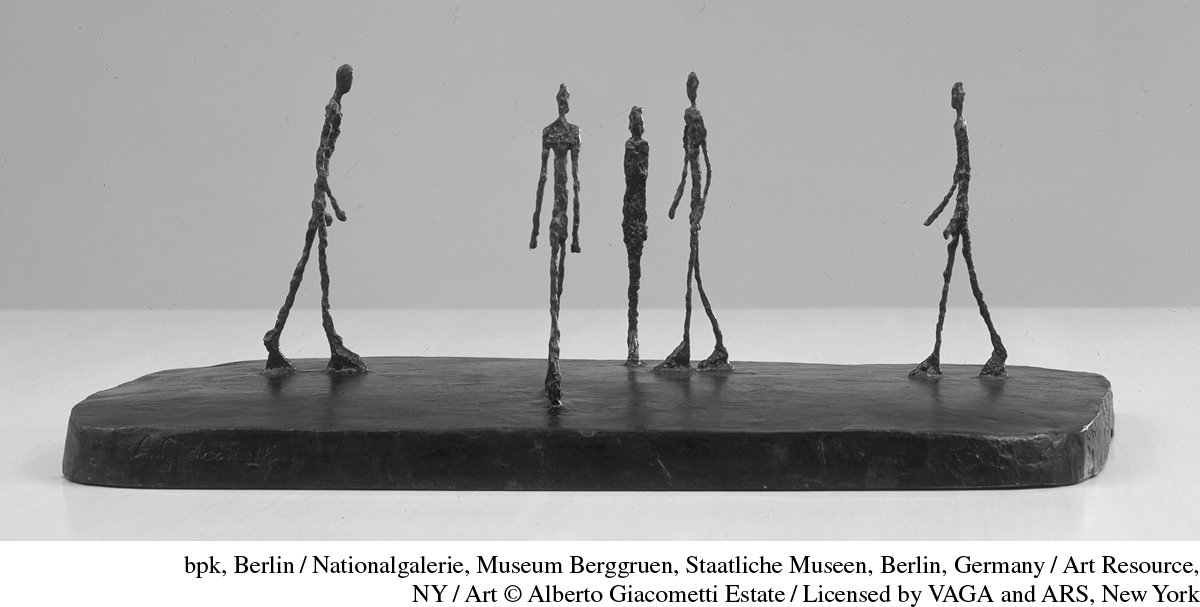An Uneasy Postwar Settlement
An Uneasy Postwar Settlement
Unlike World War I, this war saw neither a celebrated peace conference nor a formal agreement among all the Allies about the final terms for peace. Instead, wartime agreements among members of the Grand Alliance about the future reflected their differences while aiming to guide the postwar years. In 1941, Roosevelt and Churchill crafted the Atlantic Charter, which condemned aggression, endorsed collective security, and supported the right of all people to choose their governments. Not only did the Allies back these ideals, but so did colonized peoples to whom, Churchill said, the charter was not meant to apply. In October 1944, Churchill and Stalin agreed on the postwar distribution of territories. The Soviet Union would control Romania and Bulgaria, Britain would control Greece, and they would jointly oversee Hungary and Yugoslavia. These agreements went against Roosevelt’s faith in collective security, self-determination, and open doors in trade. In February 1945, the “Big Three”—Roosevelt, Churchill, and Stalin—met in the Crimean town of Yalta. Roosevelt advocated for the formation of the United Nations to replace the League of Nations as a global peace mechanism, and he supported future Soviet influence in Korea, Manchuria, and the Sakhalin and Kuril Islands. The last meeting of the Allied leaders, with President Harry S. Truman replacing Roosevelt, who had died in April, took place at Potsdam, Germany, in the summer of 1945. At Potsdam, the leaders agreed to give the Soviets control of eastern Poland, to transfer a large stretch of eastern Germany to Poland, and to finalize a temporary four-way occupation of Germany that would include France as one of the supervising powers.

REVIEW QUESTION How and where was World War II fought, and what were its major consequences?
These agreements could hardly undo the war’s grim legacy. The Great Depression had inflicted global suffering, while the Second World War left up to 100 million dead, more than 50 million refugees without homes, and one of the most abominable moral legacies in human history. Conscripted into armies or into labor camps for war production, colonial peoples in Vietnam, Algeria, India, and elsewhere were in full rebellion or close to it. The war weakened and even destroyed standards of decency and truth. Democratic Europe had succumbed to continuous wartime values, and it was this Europe that George Orwell captured in his novel 1984 (1949). Orwell had worked for the wartime Ministry of Information (called the Ministry of Truth in the novel) and made up phony war news and threats for civilian audiences. Truth hardly mattered, and words changed meaning during the war to sound better: battle fatigue substituted for insanity, and liberating a country could mean invading it and slaughtering its civilians. Hungry, careworn people walking in ragged clothing along grimy streets characterized both wartime London and Orwell’s fictional state of Oceania. Millions cheered the demise of Nazi evil in 1945, but for Orwell, bureaucratic domination depended on continuing conflict. Indeed, as Allied powers competed for territory at the war’s end, a new struggle called the cold war was beginning.